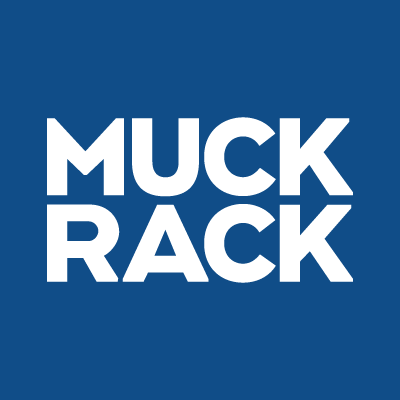Best Business Structure for Freelancers: What You Need to Know
Freelancing has opened doors for millions of people to work on their own terms. Whether you're a graphic designer, web developer, writer, or consultant, choosing the right business structure can make a huge difference in how you handle taxes, protect your assets, and grow your income.

Freelancing has opened doors for millions of people to work on their own terms. Whether you're a graphic designer, web developer, writer, or consultant, choosing the right business structure can make a huge difference in how you handle taxes, protect your assets, and grow your income.
In this blog, we’ll explore the best business structures for freelancers, their pros and cons, and how to choose the right one for your situation.
Why Does Business Structure Matter?
As a freelancer, you’re not just a worker — you’re a business. The structure you choose affects:
-
How much you pay in taxes
-
Your personal liability
-
Paperwork and compliance
-
How you’re perceived by clients
So let’s break down the most common options.
1. Sole Proprietorship: Simple and Popular
A sole proprietorship is the easiest and most common way freelancers operate.
✅ Pros:
-
Easy to set up (no legal paperwork)
-
Full control of your business
-
Low cost and minimal compliance
❌ Cons:
-
You’re personally liable for debts or lawsuits
-
Harder to get business loans
-
Limited tax benefits
Best for: Beginners and part-time freelancers testing the waters.
2. Limited Liability Company (LLC): A Step Up
An LLC combines the simplicity of a sole proprietorship with some legal protection.
✅ Pros:
-
Separates your personal and business assets
-
Flexible tax options
-
More professional appearance
❌ Cons:
-
Slightly more paperwork
-
Annual state fees (varies by location)
Best for: Full-time freelancers or those working with multiple clients who want legal protection.
3. S Corporation (S-Corp): Tax-Saving Tool
An S Corporation is a legal structure that can help freelancers save on self-employment taxes.
✅ Pros:
-
Potential to save thousands in taxes
-
Liability protection
-
Good for scaling up
❌ Cons:
-
Requires a payroll system
-
More paperwork and costs
-
Must meet IRS requirements
Best for: Established freelancers earning consistent profits ($75k+ annually).
4. C Corporation: Best for Big Plans
A C Corporation is a full-fledged company structure used by larger businesses.
✅ Pros:
-
Unlimited growth potential (investors, shares)
-
Attractive for tech startups or product-based freelancers
❌ Cons:
-
Double taxation
-
Complex setup and ongoing maintenance
Best for: Freelancers transitioning into startups or building large-scale businesses.
Freelancers and Taxes: A Quick Note
No matter what structure you choose, tracking your income and expenses is key. Use apps like QuickBooks, FreshBooks, or Wave to stay organized.
Also, don't forget to:
-
Set aside money for taxes
-
Consider quarterly estimated payments
-
Hire a tax professional if your income grows
What’s the Best Business Structure for You?
Here's a quick guide:
| Your Situation | Best Structure |
|---|---|
| Just starting out | Sole Proprietorship |
| Want legal protection | LLC |
| Earning $75k+ a year | S-Corp |
| Building a scalable brand/startup | C-Corp |
Every freelancer is different. Take time to consider your goals, income, and risk level before deciding.
Final Thoughts
Choosing the right business structure for freelancers isn’t just a formality — it’s a strategic move that can protect your future, lower your taxes, and help your business grow.
Start small if you need to. You can always switch structures as your freelance business evolves.
Important Links
How to Turn Your Passion into a Profitable Small Business
Ultimate Guide to Business Success

























































































































































